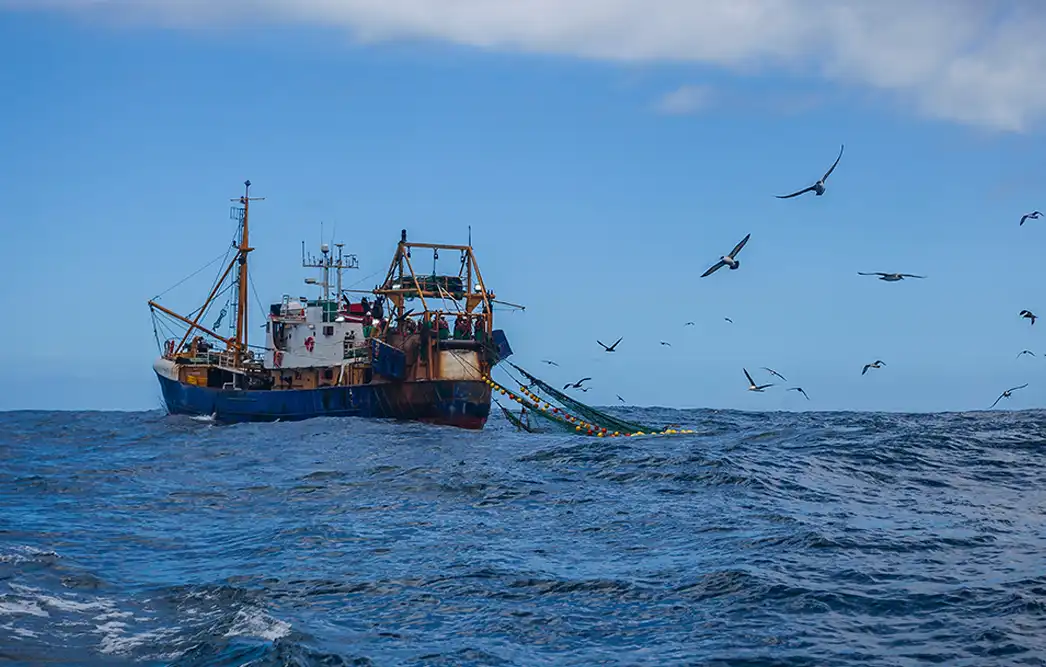
By DIVE Staff
Indonesia, Fiji, The Bahamas, and Malta are among the latest countries to ratify the United Nations’ Biodiversity Beyond National Jurisdictions (BBNJ) treaty – also known as the High Seas Treaty.
The popular scuba diving destinations are among 19 other nations to ratify the agreement at the recent UN Oceans Conference in France.
Jordan, Vanuatu, Tuvalu, and the Solomon Islands have also added their names to the list, bringing the total number of nations to have ratified the treaty to 50.
The High Seas Treaty, the first ever global agreement to protect 30 per cent of the open ocean, was signed into existence in 2023 after nearly two decades of negotiation.
The treaty will allow member states to establish marine protected areas (MPAs) in international waters, something that is currently only possible with the Exclusive Economic Zone (EEZ) of a nation’s territory.
A total of 135 countries and the European Union have now signed the treaty – 20 of which happened during the conference – but it needs to be formally ratified by at least 60 nations before it comes into effect, leaving ten more signatories required.
The treaty will come into force 120 days after the 60th ‘instrument of ratification’ has been deposited at the UN.
‘The surge of ratifications for the High Seas Treaty is a tidal wave of hope and a huge cause for celebration”, said Rebecca Hubbard, Director of the High Seas Alliance, an association of non-governmental organisations and the International Union for the Conservation of Nature (IUCN).
‘This marks a powerful victory for everyone who worked relentlessly to put High Seas protection at the heart of the global environmental agenda.
‘We must keep our foot on the #RaceForRatification accelerator,’ added Hubbard. ‘The Treaty’s power lies in the number of countries that join, so while we celebrate this incredible progress, we urge all remaining nations to ratify without delay and help drive this Treaty past the first 60 to make it a truly global force for ocean protection.’


